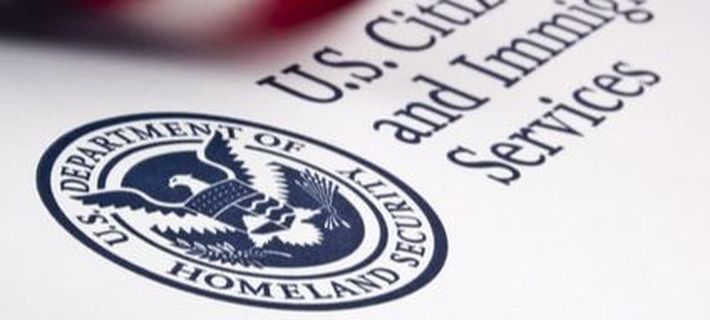By way of background, generally, F visas are issued to students, J visas are issued to exchange visitors, and M visas are issued to vocational students. All are non-immigrant visas.
What is unlawful presence?
Unlawful presence is that amount of time a person remains in the United States (US) after the expiration of his or her approved visit, as listed on their Admission Record (Form I-94). When a person enters the US on a visa, they are generally inspected by a U.S. Customs and Border Protection (CBP) agent at the port of entry (most often an airport). When their passport and visa are examined, the CBP agent determines a date by which the non-immigrant must leave the U.S., and he or she will issue an Admission Record that provides proof of someone’s lawful record of admission. That form (which is now electronic) also contains the date by which the visitor must leave.
Click "Read More" to continue reading
That is not to say that accruing less than six months of unlawful presence is without consequence. On the contrary, any overstay of a visa can have negative consequences should that person seek any visa or immigration benefit in the future.
How the Admission Records for Student and Exchange Visitors Differ From Other Visa Holders
The Admission Records for students and exchange visitors do not generally list a date by which they are required to leave the US. Instead, their leave-by date is often recorded as D/S, which means “Duration of Status.” This is because they may be enrolled in a course of study towards a degree, or in an exchange program that concludes more than a year or two in the future, and the exact graduation date is not known at the time the person enters the U.S.
Prior to the new memorandum, someone in the U.S. with a F, J or M visa that remained in the U.S. after the conclusion of their program of study, or dropped out of their program, would not be in valid immigration status, yet they did not accrue “unlawful presence” for the purposes of a bar to future issuance of a visa, unless there was further action by an immigration agency or immigration judge.
New Rules Can Lead to Unlawful Presence Findings For Out of Lawful Status F, J and M Visa Holders
As of August 9, 2018, any F, J or M visa holder who concludes his or her program of study, will begin to accrue unlawful presence the day after their program concludes (plus any grace period issued to holders of this type of visa). For the student or exchange visitor who does not maintain status (drops out of their program), or violates their status (for example, by accepting unauthorized employment) he or she will begin accruing unlawful presence immediately, with no grace period.
What Must These Visa Holders and School Administrators Do?
In light of the new rules, it is very important that Designated School Officials (DSOs) for foreign academic and vocational students advise their students of these new rules. Students may still have Admission Records that list D/S as their approved visit limit, but they should ensure that they identify their date of graduation, and confirm any applicable grace periods with their DSO. After that, they must either leave the U.S. by the end of the grace period, or transition to another valid status before that date. J visa holders must likewise be careful to note the end date of their program and add in their grace period, if any, to determine the date they must leave the U.S.
Spouses and Children of F, J and M Visa Holders Are Also Affected
When foreign students or exchange visitors apply for their spouse or children to accompany them to the U.S., those family members who are granted a visa, are subject to the same restrictions as the student or exchange visitor. Thus if a foreign student withdraws from a course of study and falls out of status, not only does the student immediately begin to accrue unlawful status (though if they followed certain rules for withdrawal, they may have a shortened grace period), but the F2 (or J2 or M2) visa holders will immediately fall out of status and begin to accrue unlawful presence as well.
Accruing unlawful presence of any amount can have serious negative consequences for future visa applications, and should be avoided whenever possible.
Blog Entry By:
| Beth Boyer, Esq. Benjamin, Gold & Troyb, P.C. 350 Bedford Street - Suite 403 Stamford, Connecticut 06901 Telephone: 203-425-8500 Facsimile: 203-425-8600 Website: www.bgtlawfirm.com Aleksandr Y. Troyb, Esq. Benjamin, Gold & Troyb, P.C. 350 Bedford Street - Suite 403 Stamford, Connecticut 06901 Telephone: 203-425-8500 Facsimile: 203-425-8600 Website: www.bgtlawfirm.com |





 RSS Feed
RSS Feed